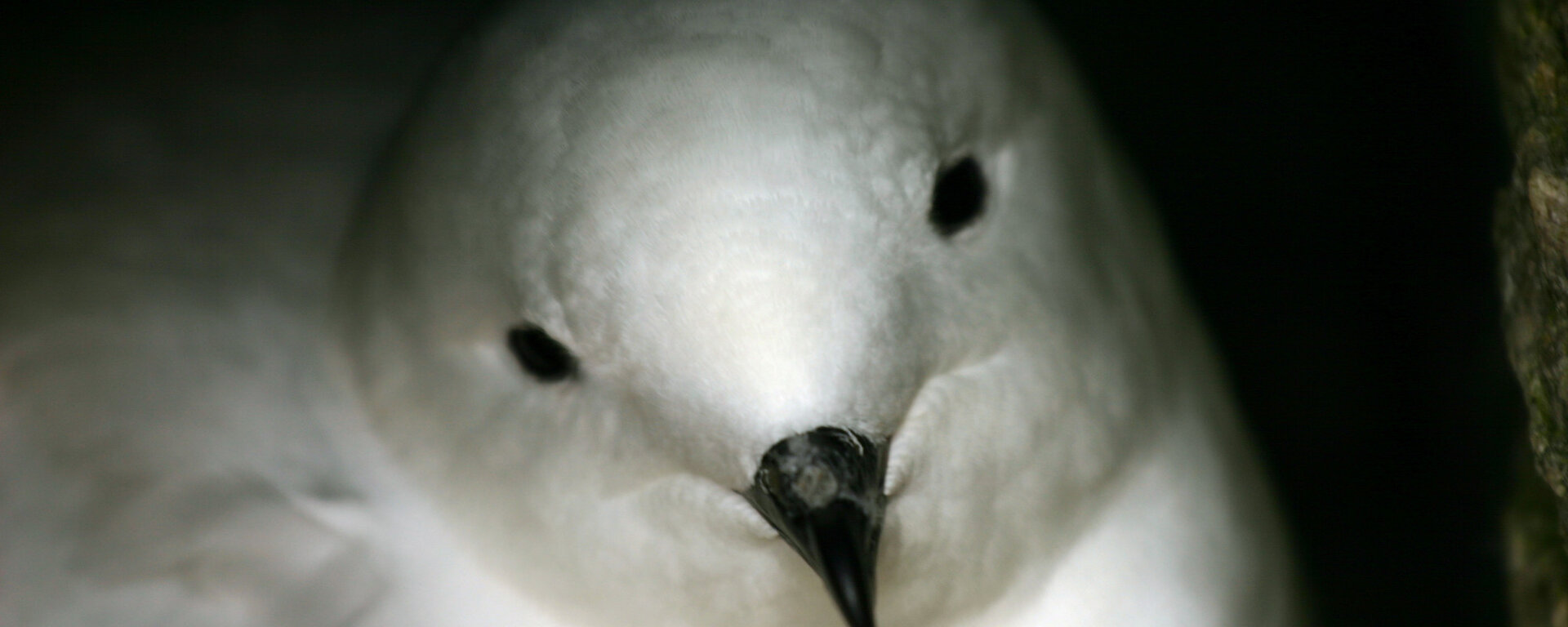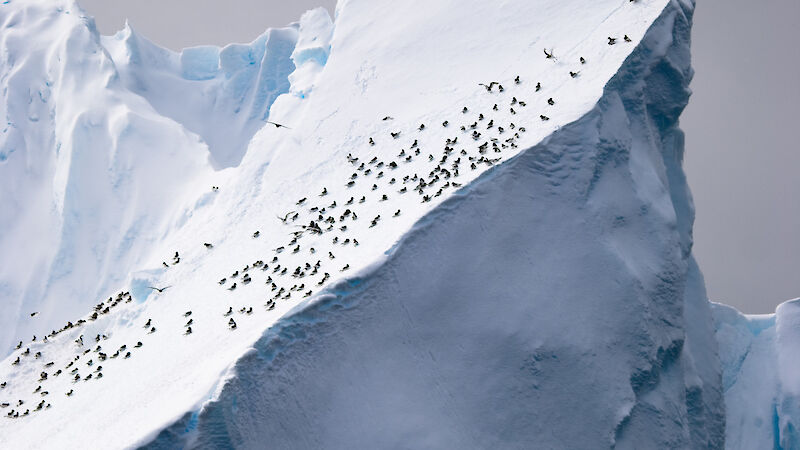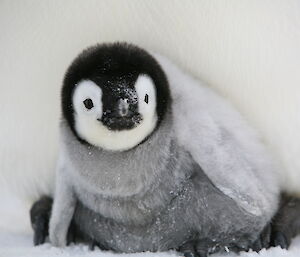Antarctic animals and plants will be better protected by new conservation laws which have recently come into effect.
The amendments to the Antarctic Treaty (Environment Protection) Act 1980 redefine, expand and strengthen a number of provisions.
They include strengthening controls on unintended introduction of non-native species to Antarctica and establishing restrictions around people taking native invertebrates.
The changes to the Antarctic Treaty (Environment Protection) Act 1980 will;
- provide the ability for the Minister for the Environment and Energy to declare invertebrates as specially protected species, and specify restrictions on the taking of native invertebrates;
- enhance the protections afforded to protect specially protected species;
- strengthen the permitting system to better control the authorised introduction of organisms into the Antarctic; and
- update the offences to require persons travelling to Antarctica to take greater precaution against the accidental introduction of non-indigenous organisms.
The Antarctic Treaty (Environment Protection) Amendment Act 2010 commenced on 8 December 2016. An updated compilation of the Antarctic Treaty (Environment Protection) Act 1980, incorporating the new laws, can be found on the Federal Register of Legislation.
The Environmental Protocol is a multilateral agreement under the Antarctic Treaty which designates Antarctica as a natural reserve, devoted to peace and science.
It commits parties to the comprehensive protection of the Antarctic environment and its dependent and associated ecosystems.
People conducting or proposing to conduct activities in Antarctica should make themselves familiar with the new laws.
Any existing authorisations or permits remain current until their designated expiry date.




